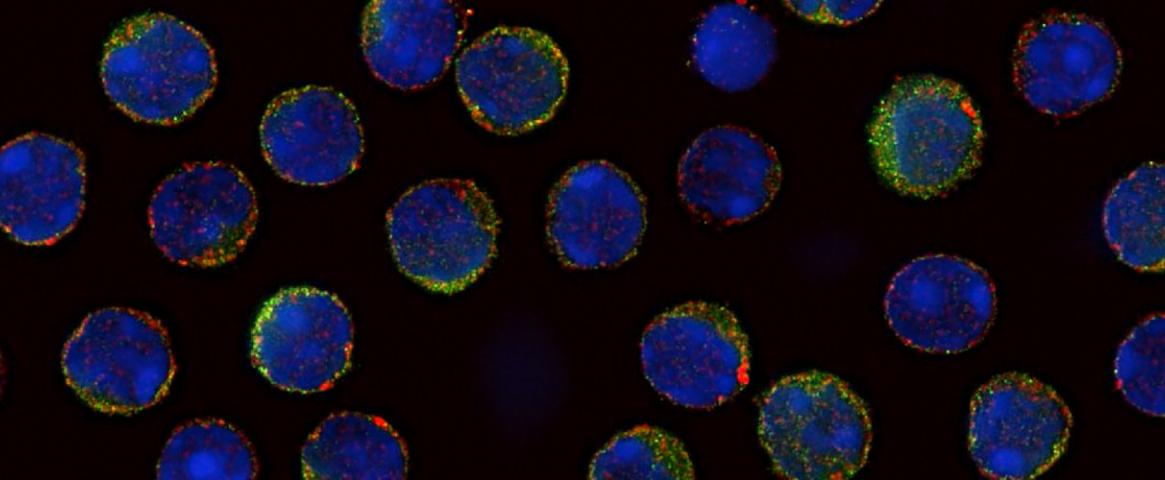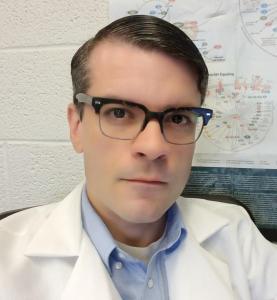John Charpentier, a Ph.D. candidate at the University of Michigan and a new addition to the NASW community, shares #WhySciWri in this short Q&A.
Q: Tell us a little about yourself.A: I’m a fourth-year immunology Ph.D. candidate in the laboratory of Phil King at the University of Michigan. I study a process that enables cells to non-selectively ingest fluid and dissolved contents from their environment. This “cell drinking” has been shown to enable the growth of certain cancers, but we’ve discovered that it’s also required for the rapid growth of T cells, critical components of the adaptive immune system in animals. This was an unexpected finding, as this process has never been linked to the growth of non-cancerous cells. We hope that by understanding how this phenomenon is related to the function of immune cells we can discover ways to manipulate it for therapeutic benefit.
Q: How did you get interested in science writing?
A: I’ve been a fan of popular science since I learned to read. In my scientific training I’ve had the privilege of learning from so many talented and accomplished teachers and scientists, but it’s been substantially enriched and expanded by the great science writing I’ve read along the way.
I also care deeply about scientific literacy and the responsibility those with scientific education and experience have to the society that makes their profession, and the benefits derived from it, possible. As a matter of self-preservation, I believe scientists need to engage in science communication efforts to the extent that their time and talents permit. It's an obligation I find to be edifying and enjoyable, though.
Q: What are you working on at the moment?
A: With the guidance of the terrific NPR Scicommers team, I’m working on the final draft of a piece about the itinerant herbalist Samuel Thomson and the relation between medical conspiracism in the 19th century and today. This will be my first professional publication for a broad audience and I am quite excited for it to come out.
Q: What's your favorite social media account that you follow?
A: I find myself reading a lot of the stories shared by the Nature News & Comment social media account. It offers a mix of research developments, professional news, and scientific history that I regularly enjoy. For policy and science education matters, I pay attention to the National Center for Science Education, which does invaluable work.
Q: If you could write about any scientific event/breakthrough/topic (past, present, or future) what would it be and why?
A: For many years I would have said a biography of the much-neglected British polymath and popularizer of science J.B.S. Haldane, but his mentee Krishna Dronamraju accomplished that in his recent book. One topic I look forward to writing about for a popular audience in the future is intra- and inter-cellular signaling and communication. I think many people would be awed by the complexity and importance of cellular conversations and interested in how we learned to eavesdrop on them.
Q: Why did you join NASW and what kinds of professional connections/opportunities are you seeking?
A: I joined NASW to support the premiere organization representing and assisting science writers in the U.S. I’m eager to learn about opportunities to improve my skills as a writer and popularizer of science, and to develop relationships with more experienced writers who can offer advice and mentorship.
Hero image: Courtesy of John Charpentier.


